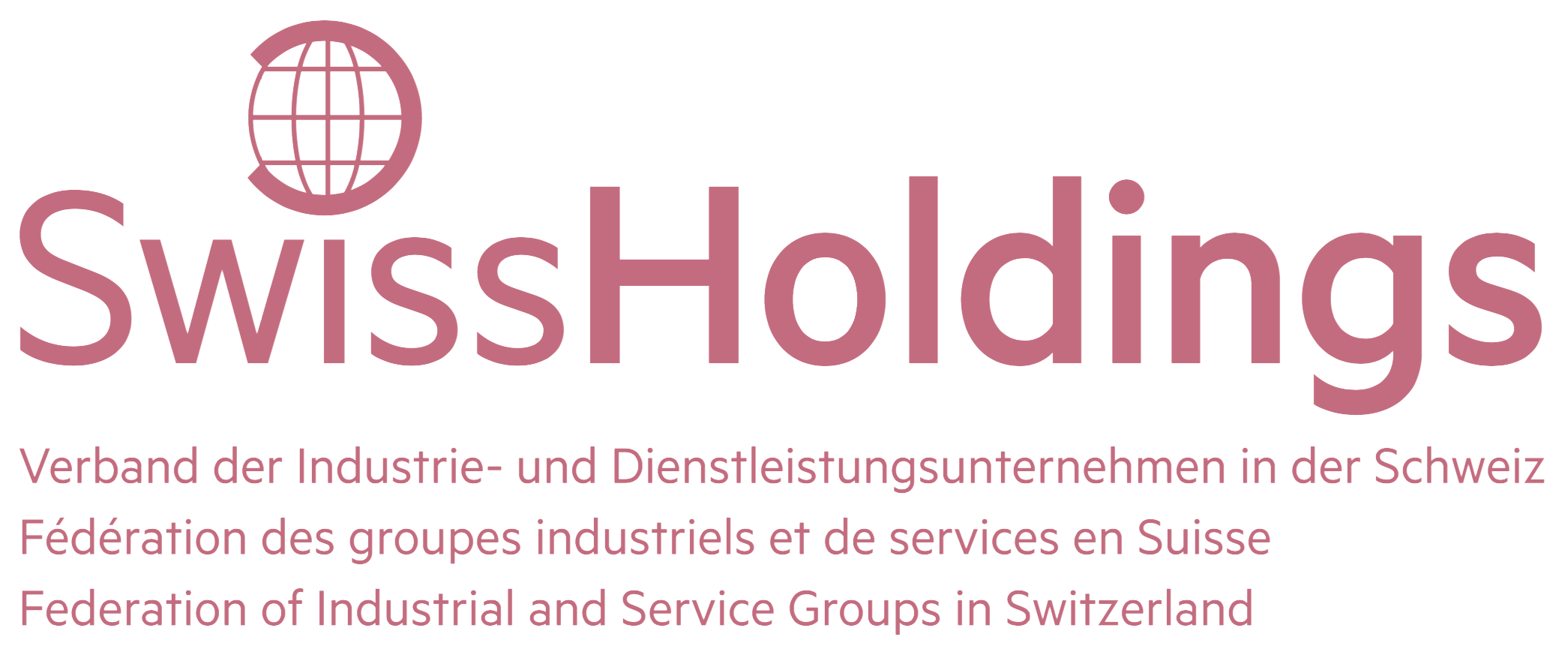The OECD Guidelines are the leading global standard for sustainable corporate governance in foreign direct investments. More than 50 countries worldwide are committed to this instrument. Since the last revision in 2011, there have been important developments, particularly in the areas of climate protection and technology, which have made adjustments to the recommendations necessary. The updated Guidelines were presented in Paris yesterday. SwissHoldings has been actively involved in the updating process and will continue to advocate for a broad application of the instrument.
Together with the UN Guiding Principles on Business and Human Rights and the ILO tripartite Declaration of Principles, the OECD Guidelines are the international reference for due diligence. The Guidelines include best practice approaches in the areas of human rights, labour rights, the environment, anti-corruption and taxation. They originated in 1976 and have been continuously revised and expanded since then. In addition to the official OECD member states, the 51 signatories of the Guidelines include countries such as Argentina, Costa Rica, Brazil, Egypt, Colombia, Morocco, Tunisia, Peru, Romania, Jordan, Ukraine and Kazakhstan – which together account for two-thirds of global trade and investment.
Addition of further areas, but also increase in complexity
With the update presented yesterday, the OECD is reacting to various social, environmental and technological developments. The most important changes concern new provisions for the chapters on climate and environmental protection as well as questions of application in the areas of technology and digitalisation (further details in the SECO media release). SwissHoldings, in close coordination with the umbrella organisation BIAC at the OEDC level, contributed its own proposals to the consultations on the update of the instrument. Although important concerns of the business community were taken on board, the overall complexity of the text has increased considerably. This makes the application of the Guidelines challenging.
The OECD Guidelines have an important bridging function with regard to the applicable law – and thus also regarding to the planned supply chain legislation in the EU
The OECD Guidelines have never been legally binding, but are to be understood as supplement to the applicable law. In light of their voluntary and aspirational nature, we underline that the Guidelines must not be considered as a template for binding regulatory or legislative action at international, regional, national or local level. As stated in the Preface, the Guidelines “provide voluntary principles and standards for responsible business conduct” and “may go beyond what enterprises are legally required to comply with”. Especially in view of ongoing regulatory developments, such as the planned EU Supply Chain Act, this provision is of great relevance. The aim of the instrument is to achieve improvements directly “on the terrain” through close cooperation between the state, business and civil society actors. Thanks to this balanced approach, important reform processes have been initiated and implemented in the past. Instead of “cut and run”, there is a need for this “stay and improve” approach, which encourages companies to invest worldwide and create jobs, even in regions with a difficult governance environment.
SwissHoldings advocates broad application of the OECD Guidelines
SwissHoldings will work closely with its members and other relevant stakeholders to raise awareness of the Guidelines and support the implementation of the recommendations on the ground. There needs to be a constant and constructive exchange with all stakeholders involved in order to be able to achieve sustainable improvements worldwide, especially in areas characterised by major challenges.
Contact
Denise Laufer | Member of the Executive Committee SwissHoldings | +41 (0)76 407 02 48
Julia Besnier | Head of Communications and Public Affairs | +41 (0)79 586 59 24


